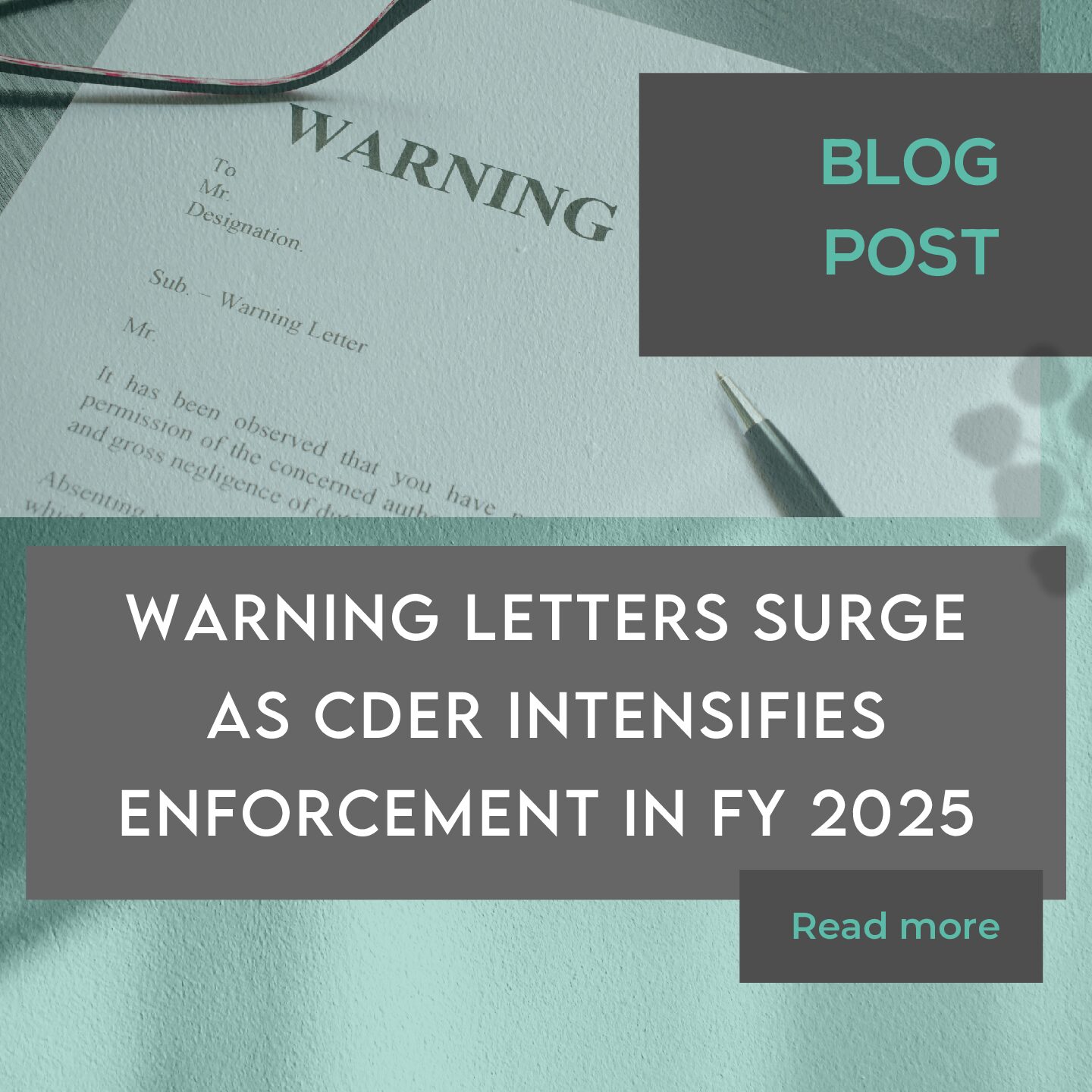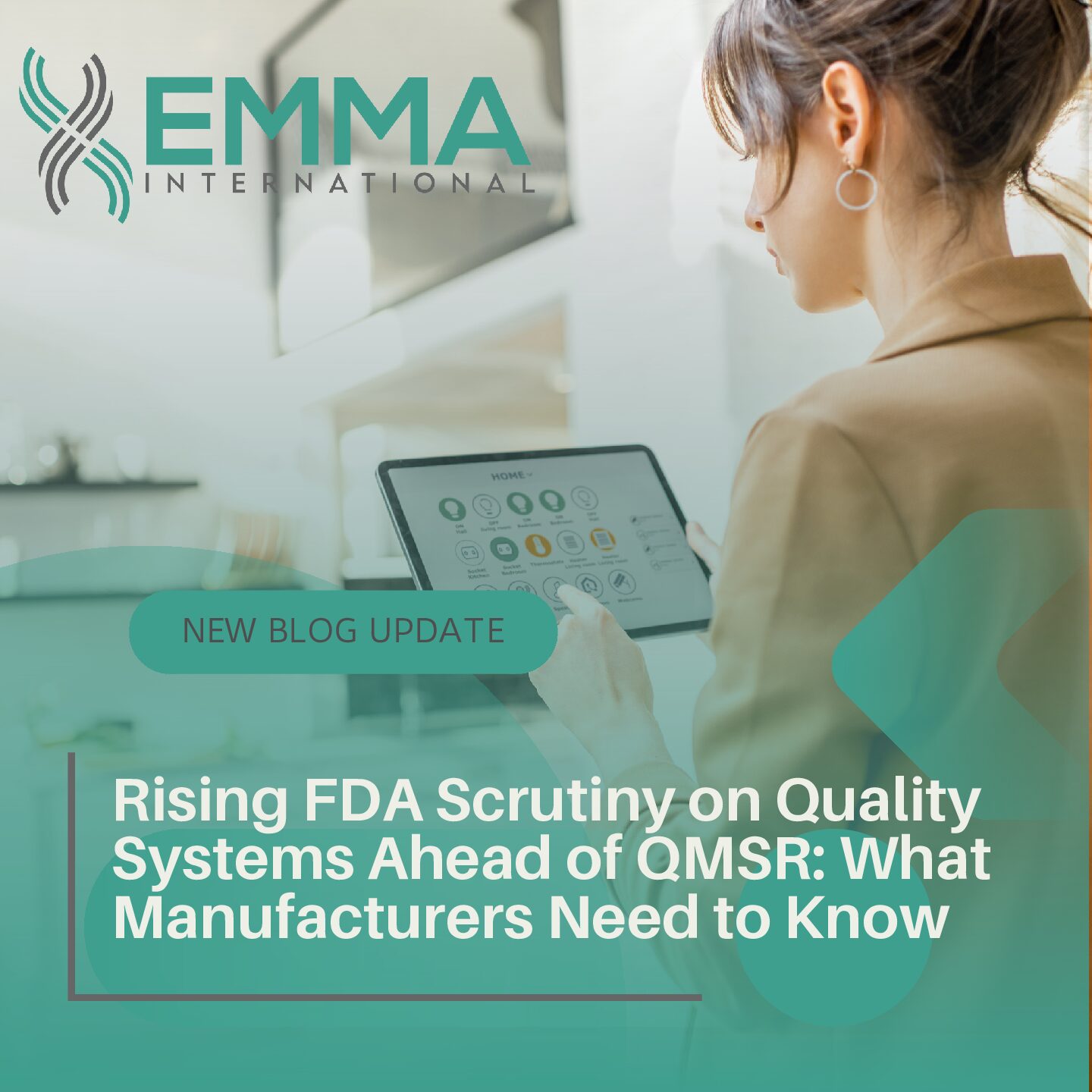In quality management, how issues are addressed can significantly impact an organization’s effectiveness. The two primary strategies for managing quality issues are proactive and reactive remediation. Understanding these approaches and knowing when to apply each can help organizations enhance their quality management systems and achieve better results.
What is Proactive Remediation?
Proactive remediation involves anticipating potential problems and taking steps to prevent them before they arise. This approach is based on assessing risks, analyzing data, and continuously monitoring processes to identify and address issues early. Key elements of proactive remediation include conducting risk assessments to identify vulnerabilities, implementing preventive measures to mitigate these risks, and maintaining continuous monitoring to detect early signs of potential problems. Additionally, staff training and awareness play a crucial role in preventing quality issues from occurring.
Proactive remediation helps organizations uphold high-quality standards, reduce the likelihood of non-compliance, and enhance overall efficiency. By addressing potential issues before they manifest, organizations can avoid costly disruptions and maintain a stronger reputation.
What is Reactive Remediation?
Reactive remediation focuses on responding to issues after they have occurred. This approach involves identifying problems as they arise, investigating their root causes, and implementing corrective actions to resolve them. Reactive remediation is typically triggered by incidents such as customer complaints, audit findings, or product failures. The process includes issue identification through various channels, performing root cause analysis to understand why problems occurred, and implementing corrective actions to address and prevent future occurrences. Effective follow-up is essential to ensure that the issue is fully resolved and does not reappear.
While reactive remediation is crucial for managing immediate issues, it often incurs higher costs and risks. Addressing problems after they occur can lead to operational disruptions, regulatory penalties, and damage to the organization’s reputation.
The most effective quality management systems integrate both proactive and reactive remediation strategies. Proactive efforts focus on preventing issues and supporting continuous improvement, while reactive efforts are essential for handling problems that arise despite preventive measures. Organizations should incorporate proactive practices into their operations, emphasizing risk management, continuous monitoring, and preventive actions. At the same time, they need a robust reactive system to address issues promptly, ensuring that corrective actions are implemented and followed up effectively.
EMMA International can support organizations in refining their remediation strategies. We help develop risk assessment frameworks and preventive measures, establishing systems for continuous monitoring to anticipate and mitigate potential issues. Additionally, we assist with root cause analysis, corrective action implementation, and follow-up to resolve issues and prevent their recurrence.
Our aim is to help organizations achieve a balanced approach to quality management, effectively managing both proactive and reactive efforts to enhance overall performance and compliance.
Are you ready to learn more? Call us at 248-987-4497 or email info@emmainternational.com to get in touch with our team of experts today!





